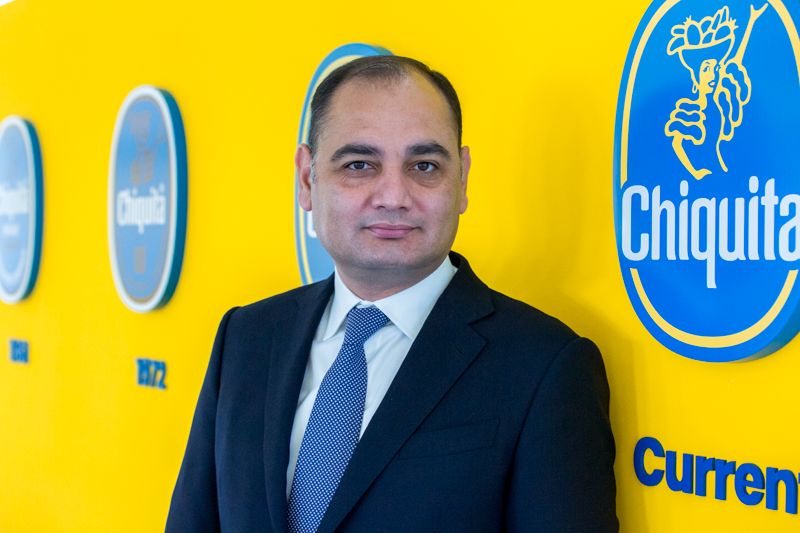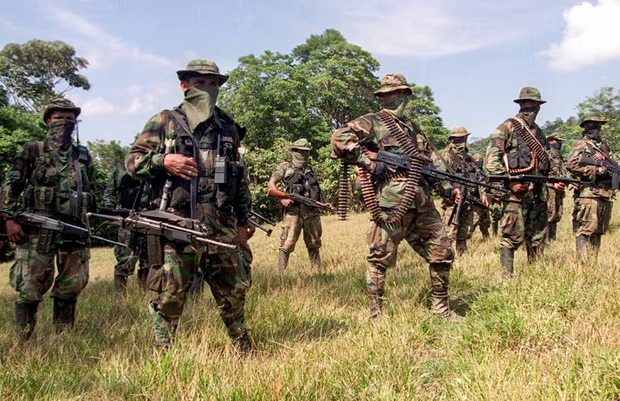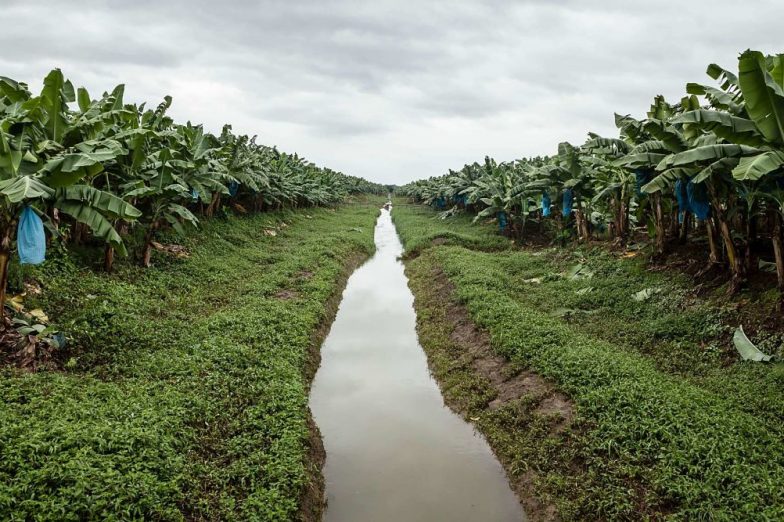The History of Chiquita Brands
This multinational company specializes in the production and distribution of bananas. Its history spans over 150 years. It began in 1870 when Captain Baker sailed from Jamaica to New Jersey with 160 bunches of bananas that did not perish. In 1885, the partnership of Captain Baker and Andrew Preston led to the creation of the Boston Fruit Company. Later, in 1899, it was founded as the United Fruit Company through a merger with a railway company. In 1903, they began trading on the New York Stock Exchange.
How did Chiquita Brands operate in Latin America?
According to BBC data, the United Fruit Company built a network of enormous plantations stretching from Guatemala to Colombia, passing through Honduras, El Salvador, Belize, Nicaragua, Costa Rica, and Panama. This network also included Caribbean islands such as Cuba and Jamaica.

He often exceeded the government’s ability to operate. In addition to providing employment to thousands of people, as the owner of thousands of hectares of land, Chiquita Brands was an ally as needed by the U.S. government. The United Fruit Company could influence generating stability or instability in the countries where it operated. It also played a central role in the 1954 coup d’état in Guatemala, defending its interests in land ownership.
As revealed by Deutsche Welle, Chiquita Brands financed paramilitaries in Colombia. Since its days as the United Fruit Company, blood has stained its history. In 1928, the Colombian Army committed a massacre against striking workers, with this company at the center. Known as the Banana Massacre, it resulted in an indefinite number of deaths.

Verdict Against Chiquita Brands: Milestone in Human Rights Defense
In June 2024, human rights defenders achieved a pivotal milestone in their fight for human rights. After several decades of litigation, for the first time in the United States, a jury found a U.S. corporation complicit in human rights abuses in another country. The verdict holds Chiquita Brands accountable for funding paramilitaries in Colombia, who perpetrated 8 murders attributed to the terrorist group United Self-Defense Forces of Colombia (AUC).The ruling in favor of the victims mandates that Chiquita Brands pay compensation ranging from 2 to 2.7 million dollars to 8 out of the 9 plaintiffs. This verdict stems from Chiquita Brands’ financing of the AUC between 1997 and 2004, during which time the AUC carried out killings in the Urabá region.
Chiquita Brands Paid Paramilitaries
In 2007, Deutsche Welle reported that the U.S. Department of Justice investigated the multinational Chiquita Brands. During this investigation, Chiquita Brands admitted in federal court that it paid $1.7 million to the AUC, claiming it was to protect its workers. U.S. authorities imposed a $25 million fine, but they did not allocate this money to the victims. The BBC highlighted internationally that Chiquita stated it began making payments after the AUC’s leader at the time, Carlos Castaño, suggested that the company’s personnel and properties could be harmed.

Impact on human rights
According to EarthRights International, the multinational company Chiquita Brands knowingly financed the AUC to obtain profits, despite the atrocious human rights abuses by the AUC. The multinational paid more than $1.7 million in illegal financing to the AUC between 1997 and 2004. Thus, Chiquita contributed to unspeakable suffering and losses in the Colombian regions of Urabá and Magdalena, including the brutal killings of innocent civilians.
On the other hand, according to Chiquita Brands’ sustainability report, since 1990 they have been committed to helping create change in the agricultural regions where they operate. Through a corporate responsibility approach, they have 100% certified sustainable land and 400 hectares reforested. Since 2015, this multinational has implemented a sustainability strategy based on three pillars: the agricultural code, being a good neighbor, and for the common good. However, the history of their legal disputes shows compelling evidence that Chiquita Brands’ environmental sustainability did not include human rights for everyone.
If you are interested in learning about human rights issues, you might be interested in: The Victory of the Marañón River.





